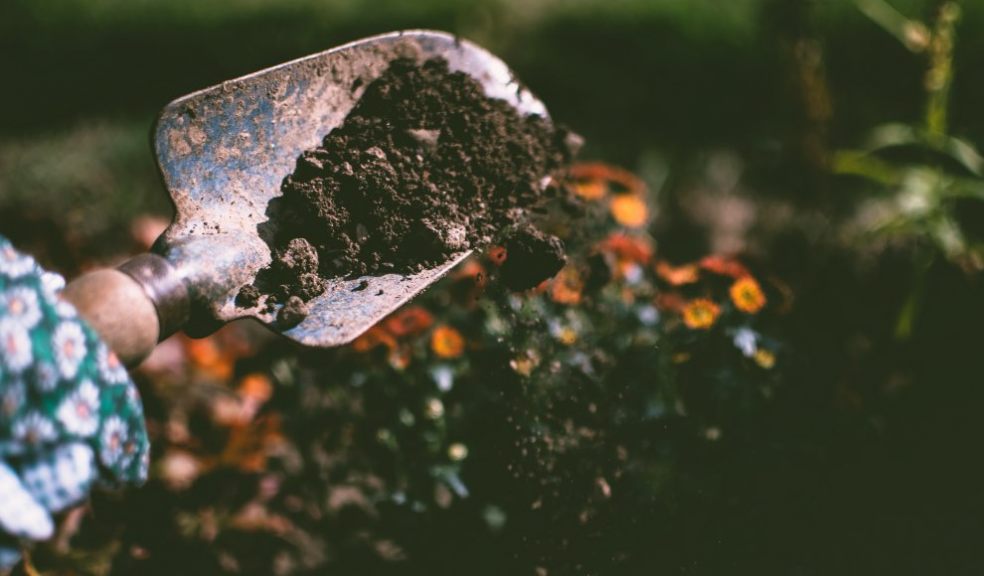
Ultimate Guide and Tips On How to Maintain Your Garden
Gardening has been with the human race since the dawn of our known civilization. It had a lot of forms and purpose, but initially, it was a form of farming. Vines in the forest that were known to produce good fruit were cultivated and it slowly became ornamental for wealthy families that owned acres of forests. It then transformed to serve a medical purpose in the Medieval Ages. The churchyards and other apothecaries have grown herbs and other medicinal plants. It then evolved to be fashionable as different elements were incorporated to create artistry by emulating nature.
Maintaining your garden is as important as designing and creating it. Here are some tips to keep their luster and beauty:
Water your plants regularly
The best time to water is early in the morning when it is still cool and the moisture won’t evaporate right away. You can use a computer-controlled watering system if you are unable to water your plants in the wee hours. However, pathogens, fungi, and undesirables in your garden also take nourishment from water so it’s best to focus on your plants. You can use an irrigation system or a soaker so that the water and its nourishment goes directly to the roots.
Keep the soil healthy
The soil is an integral element in your garden. The right nitrogen balance along with other nutrients will feed life into your garden. Choosing the right topsoil is important as well as maintaining it. Use fully-composted debris to replenish nutrients into your soil. If some plants or organic materials that were insufficiently decomposed will introduce diseases into your soil and would affect your plants.
Clean before the winter
It is common for people to work in their garden in spring, but there are a lot of benefits to make some maintenance before winter comes. If it’s possible to clear fallen leaves in the fall, then you should do it. The dead leaves will be all over your plants for the entire winter and will fester diseases on the new sprouts that’ll grow in the spring.
Fertilizer
Use the right fertilizer for your plants. Some fertilizers will be hot and will damage the roots of small plants. If the roots are damaged, then the plants won’t be able to absorb adequate nutrients for them to grow. Putting the right amount and grade of compost will be enough for some plants. If you’re planting vegetables, crop rotation will yield you much better produce.
Remove Weeds
In the summer you’ll be likely to remove the weeds from your garden as they have grown to a visible size by now. Use a weeding-trowel to remove the weeds from the roots. Use also mulches to keep weeds from growing in your beds. Although it is recommended to plant beds close to each other so that weeds can’t grow, this will also affect your plants as they will be competing for a limited amount of nutrients.
Gardening has numerous benefits as it is. It doesn’t only benefit the plants and the garden as a whole, but the activity itself serves as a way to relax you, even therapeutic. Find time to take care of your garden and these simple tips will garner great rewards for you and your garden.




















